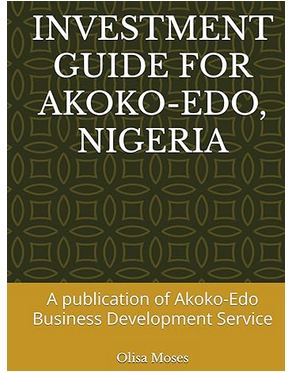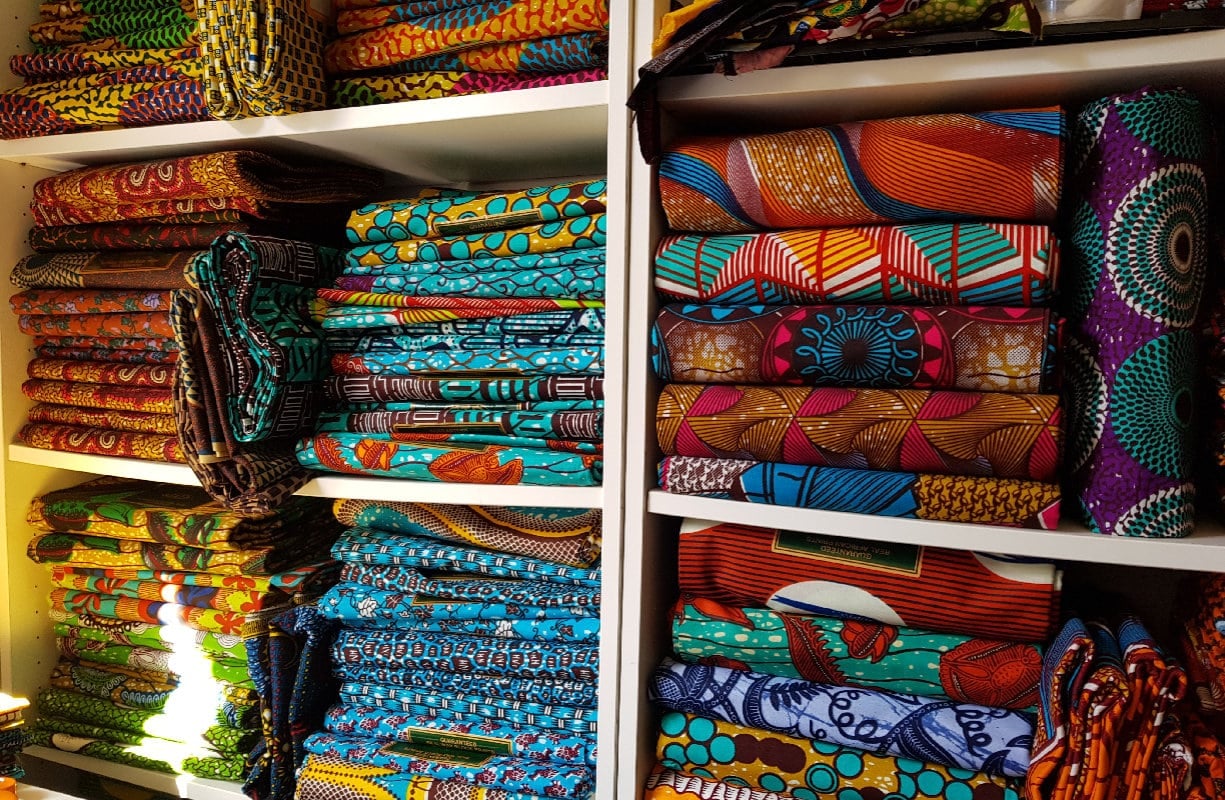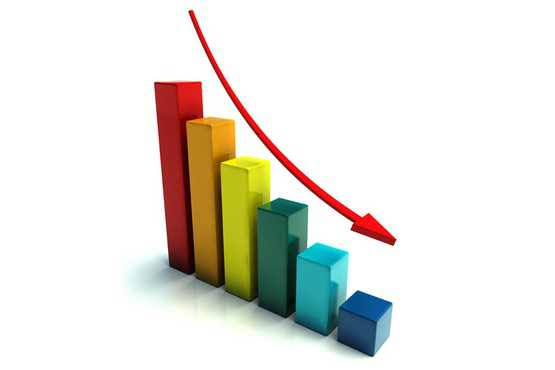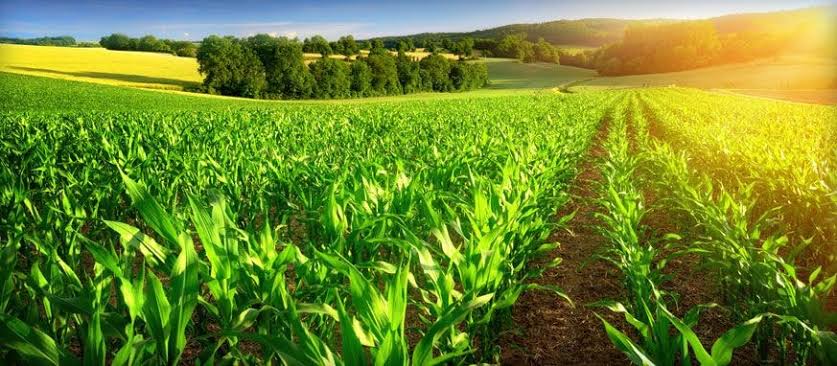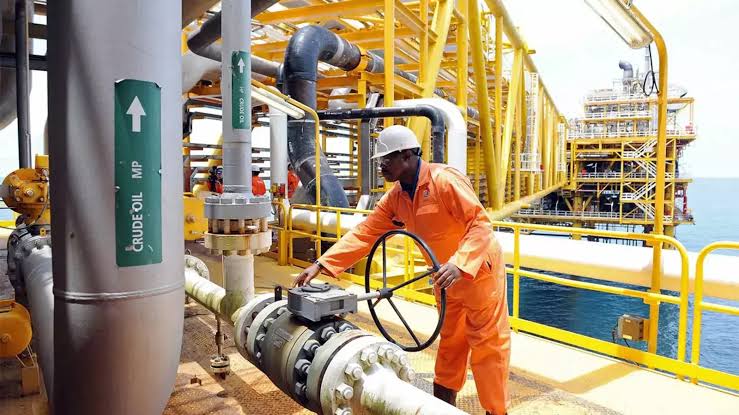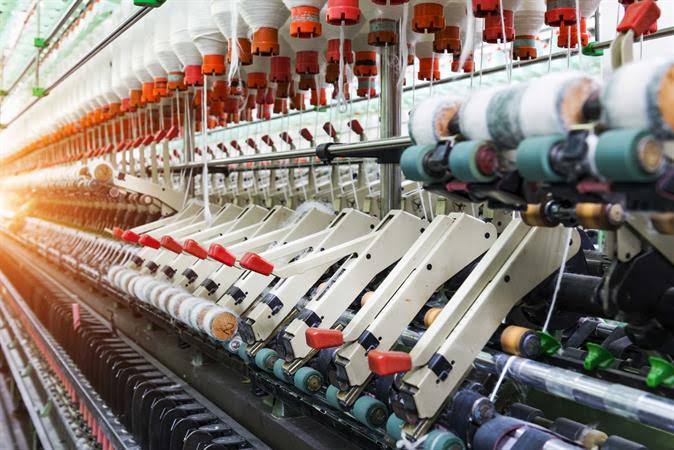Afemai Economy

Description
The economy of Afemai, a region located in Edo State, Nigeria, is primarily based on agriculture, trade, and small-scale industries. The Afemai people, traditionally known for their farming practices, have a diverse economic base that also includes local crafts and trading activities. This economic structure reflects the region's historical practices and adaptation to changing economic conditions.
Agriculture
Agriculture is the backbone of the Afemai economy. The region's fertile soil and favorable climate support the cultivation of various crops, including yams, cassava, maize, plantains, and vegetables. Yam is particularly significant, both as a staple food and a cash crop. Cassava processing, which includes producing gari and cassava flour, is another important agricultural activity. The practice of farming is often complemented by the rearing of livestock, such as goats, poultry, and cattle, which contribute to both subsistence and market-oriented production.
Trade and Commerce
Trade plays a crucial role in the Afemai economy. The region has numerous local markets where agricultural products, crafts, and other goods are exchanged. Market centers in towns such as Igarra and Afuze serve as commercial hubs where traders from surrounding areas converge. The local trade is often complemented by regional trade networks, linking Afemai with other parts of Nigeria and neighboring countries. The commercialization of agricultural products and local crafts provides income for many Afemai families and supports the local economy.
Small-Scale Industries
Small-scale industries are an important component of the Afemai economy. These include activities such as pottery, weaving, and beadwork, which are integral to the region's cultural heritage. Local artisans produce traditional crafts that are sold within and outside the region. Additionally, small-scale processing units for agricultural products, such as palm oil mills and gari processing plants, contribute to value addition and economic growth. These industries create employment opportunities and support the local economy.
Remittances and Migration
Remittances from Afemai people living in the diaspora contribute significantly to the local economy. Many Afemai individuals working abroad send money back home, which supports family needs, investments in local businesses, and community development projects. The flow of remittances helps to stabilize the local economy and provides additional financial resources for development.
Challenges
The Afemai economy faces several challenges, including limited access to modern agricultural technologies, inadequate infrastructure, and occasional disruptions caused by political and economic instability. The reliance on subsistence farming and small-scale trade can limit economic growth and development. Additionally, environmental factors, such as climate change, pose risks to agricultural productivity.
Opportunities
There are opportunities for economic development in Afemai through the promotion of agricultural innovation, investment in infrastructure, and support for small-scale industries. The development of value chains for agricultural products, expansion of trade networks, and enhancement of local crafts can contribute to economic growth. Government initiatives and support programs aimed at rural development and entrepreneurship could also play a significant role in boosting the Afemai economy.
References
Ogbeide, S. (2015). *Agriculture and Economic Development in Edo State: The Afemai Experience*. Benin City: Edo State University Press.
Adesina, A. (2019). "Economic Activities and Livelihoods in Afemai Region," *Journal of Nigerian Rural Studies*, 8(2), pp. 34-47.
Egharevba, E. (2018). *Small-Scale Industries and Economic Growth in Edo State*. Ibadan: Nigerian Economic Review Press.

Related Content
Join The Edo State Digital Library
The Edo State Digital Library is a global network of researchers, archivists that is open to anyone with interest in documenting Edo State's history. There are many ways to contribute to the archive: as an individual or as an institution looking to share its content online, as a professional archivist, as a history researcher, or as someone with a love for cultural heritage. You may join as a:
.png)
.png)
